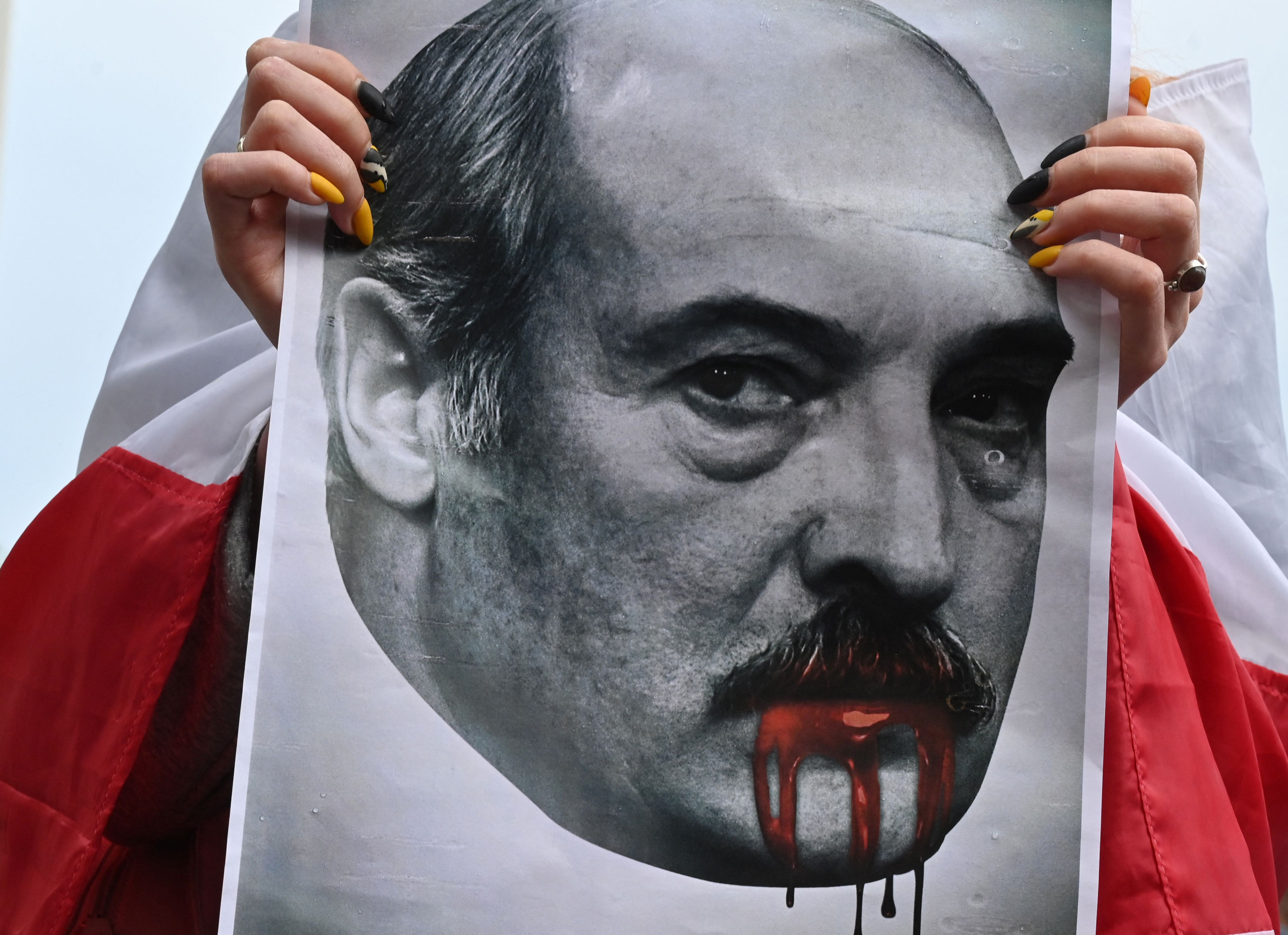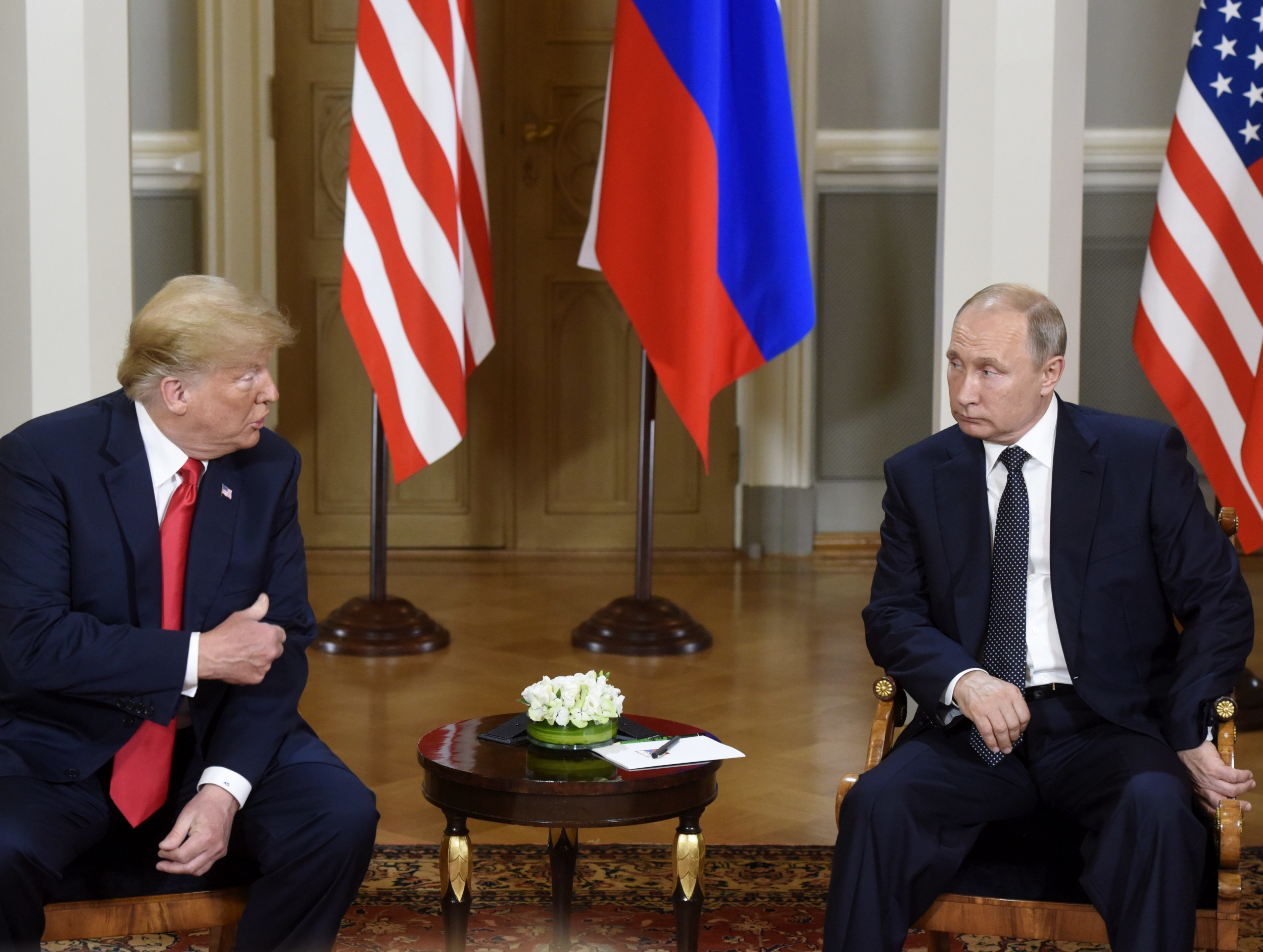Gold prices dropped over four percent in the days following Donald Trump's U.S. presidential victory, reversing a monthslong climb that broke records.
Following Trump's win, the broader U.S. stock market gained nearly four percent—suggesting a shift away from safe-haven assets, as investors anticipate economic policy changes under the new administration.
Gold's recent price decline brings it to $2,618 per ounce as of this week, down from the record $2,800 per ounce set in October. The decline has erased some of gold's gains this year, with the largest gold-backed exchange-trading fund now showing a 2024 gain of around 27 percent, down from nearly 35 percent just weeks ago.
"Gold continues to be the safe haven asset class of choice for both investors and central banks," said representatives at Robeco, an investment firm managing large institutional funds.

Key Contributors: Trump, Interest Rates and Inflation
The price of gold has also been impacted by a strengthening U.S. dollar.
Recent weeks have seen the dollar rise against other major currencies while market optimism about economic policies and tax cuts under Trump has grown.
A strong dollar increases the cost of gold for buyers using other currencies, dampening international demand.
The strengthening dollar is expected to play a significant role in gold's performance, especially because Trump's anticipated tariffs and tax cuts could pressure the Federal Reserve to moderate future rate cuts.
Interest rate cuts can support gold prices, while higher Treasury yields make non-dividend-paying assets like gold relatively less attractive.
Dow Jones publication Barron's reports a 79.1 percent chance of a December cut shortly after the upcoming Consumer Price Index (CPI) report due on Nov. 20.
"No surprises from the CPI, so for now the Fed should be on course to cut rates again in December," wrote Ellen Zentner, chief economic strategist at Morgan Stanley Wealth Management.

Why China and Other Banks Are Stockpiling Gold
In recent years, central banks, particularly China's, have significantly increased their gold reserves as part of an effort to reduce reliance on the U.S. dollar.
The People's Bank of China had purchased gold for 18 consecutive months until May, a move that experts attribute to trade tensions ahead of Trump's foreign policy plans.
"U.S.-China relations have been strained for quite a while, and it's been even worse over the past year. It's a reasonable thing for them to reduce their reliance on the dollar," said Campbell Harvey, a professor at Duke University's Fuqua School of Business, in an interview with ABC News.
"That means you need an alternative and one alternative that's credible is gold."

Will Gold Rebound?
Despite the current price pullback, experts believe that geopolitical and economic uncertainty will continue to fuel demand for gold as a safe-haven investment.
For example, in the summer J.P. Morgan estimated prices would creep upward from $2,425 to $2,600 by Q4 2025. With this in mind, there is potential for gold prices to "recover" back to price levels the market expected earlier this year.
With wars still raging in the Middle East, Ukraine and elsewhere, it appears likely that gold will stay in many investors' portfolios.
This article includes reporting from The Associated Press




















 English (US) ·
English (US) ·